Annualising Salaries for Employees Under Awards: Benefits, Challenges, and Compliance
Annualising salaries for employees covered by awards has long been a practice that provides predictability and simplifies administration. However, recent changes by the Fair Work Commission over the last few years have introduced new complexities and compliance requirements that employers must navigate. It's crucial to understand these changes to ensure compliance. This blog will explore the benefits and downsides of annualising salaries, the specific requirements employers must meet, and the importance of maintaining accurate records and performing annual reconciliations.
Understanding Annualised Salary Arrangements
An annualised salary arrangement involves an employer paying their employee a fixed annual salary that covers all entitlements specified in the relevant Modern Award. Instead of calculating and paying each entitlement separately (such as overtime, allowances, and penalty rates), the annualised salary is intended to encompass all these payments in one simplified amount.
Benefits of Annualising Salaries
Predictable Payroll Costs: By setting a fixed annual salary, businesses can more easily forecast their financial obligations and plan their budgets accordingly. This not only brings financial stability but also allows for strategic planning and growth.
Simplified Payroll Administration: Annualising salaries can simplify payroll administration by reducing the need to calculate different entitlements such as overtime, penalty rates, and allowances on a pay-by-pay basis. This can save time and reduce administrative overhead.
Employee Satisfaction: A consistent salary can provide financial stability and ease of budgeting for employees. It removes the fluctuations in pay that can occur with variable working hours and additional payments.
Challenges and Downsides
Compliance Complexities: Different awards have varying requirements for annualised salaries, which can make compliance challenging. Some awards require detailed calculations and documentation of all the components included in the annualised salary.
Record Keeping and Reconciliation: For many Awards employers must maintain accurate time and attendance records and perform annual reconciliations to ensure the annualised salary covers all entitlements. Not doing this can result in underpayments and potential legal consequences.
Employee Dissatisfaction: If not appropriately managed, annualised salaries can lead to employee dissatisfaction, especially if they feel they are not receiving the proper compensation for overtime or penalty rates they would have earned under a non-annualised pay structure.
Latest Rules for Annualised Salary Arrangements
On 1 March 2020, the Fair Work Commission introduced new annualised salary provisions into various Modern Awards. These changes aim to address concerns about the reliability of annualised salary arrangements, particularly in preventing employee underpayment.
Under these new rules, employers must inform employees in writing about the total annualised salary amount, specify which entitlements (such as overtime, allowances, and penalty rates) are included, and explain how the total has been calculated. Employers must also ensure that the total annualised salary is not less than the amount the employee would have received if paid individually for each entitlement under the Modern Award, compensating for any overtime or penalty rates worked beyond ordinary hours. Additionally, employers are required to conduct a 12-month audit to compare the annualised salary paid to the employee with the amount they would have received under the Modern Award. Any shortfall must be addressed within 14 days.
Importance of Maintaining Records and Performing Reconciliations
To comply with these requirements, employers need to
Keep detailed time and attendance records: Accurate records of start and finish times and unpaid breaks are essential for verifying entitlements. Fair Work requires these records to be maintained for at least seven years.
Perform Regular Reconciliations: Employers must compare the total annualised salary with entitlements under the award at least once a year and make necessary adjustments for any inconsistencies.
Stay informed on Award changes: Keeping up-to-date with changes in Modern Awards is crucial for compliance. Each award has specific provisions that may require formal written agreements or other documentation.
If your employees fall under one of the Modern Awards affected by these new changes, or if you are looking for personalised guidance to ensure accurate payment of your employees under an annualised salary arrangement, don’t hesitate to reach out. I am here to help you navigate these complex regulations, ensuring compliance and fair compensation for your workforce. By staying informed and proactive, you can protect your business from potential legal issues and foster a positive, compliant work environment.

